What is the best moisturizing oil for hair?
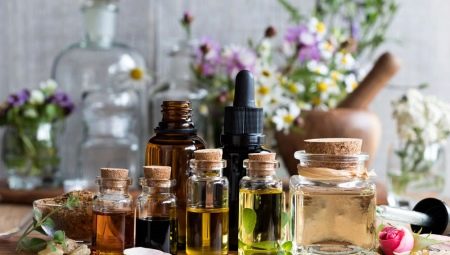
Mechanical damage, the scorching rays of the sun and the environment are just a few of the reasons that adversely affect the structure and beauty of hair. Various remedies are used to eliminate split ends, dryness and lifelessness, but essential oils are at the top of this list.
Thanks to their unique properties, they restore the natural balance, nourish and moisturize the hair, and this is the main condition for maintaining the health and attractiveness of the hairstyle.
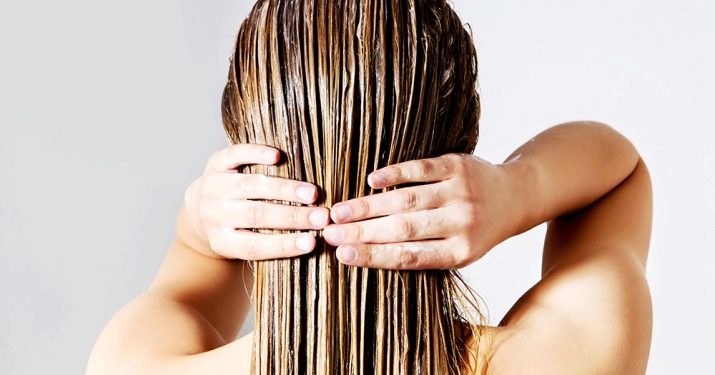
Requirements for the tool
The main goal of any cosmetic product is saturation with useful substances. Moisturizing oils successfully fulfill this function due to their unique ability to create a natural barrier that prevents moisture evaporation and the influence of free radicals on the cells of the body.
Cosmetic oils for hair have the following effects:
- nourish hair from roots to ends;
- give shine and elasticity to hair;
- prevent dryness;
- facilitate the process of combing and styling;
- restore damaged cells;
- promote the regeneration of skin cells;
- relieve irritation and flaking.
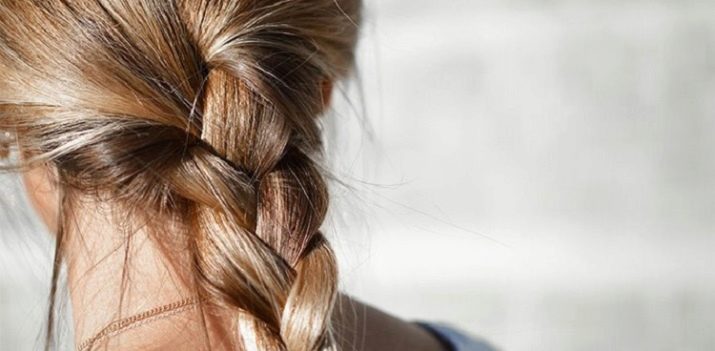
When choosing a product, you should pay attention to the purpose and individual qualities of the product:
- it should be natural, easy to absorb and wash off with shampoo;
- have a pleasant smell and mix well with the main components of cosmetic products;
- do not cause allergic reactions in contact with the skin of the hands and head.
When using essential oils, precautions should be taken to avoid contact with the mucous membranes of the mouth and eyes. Any medical or cosmetic product must be tested for portability. For this, a small amount is applied to the bend of the elbow and left for 20 minutes.
The absence of discomfort, redness or flaking indicates that the product is suitable for use.
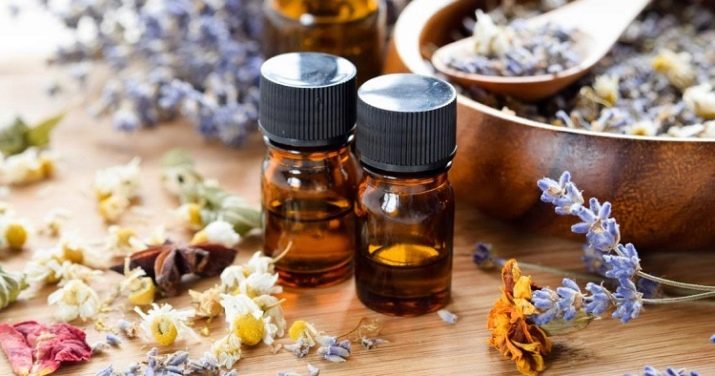
Varieties
Modern cosmetology and pharmacology offer a wide range of moisturizers, but the choice should be guided by the individual qualities of the product and personal preferences.
Vegetable
Vegetable oils have universal qualities, which allows them to be combined with biologically active additives. Several products are used as a base oil.
- Olive. This product is suitable for all hair types. Due to the high content of vitamins, trace elements and essential acids, it will help to restore damaged cells and improve the structure of the hair along its entire length. When applied, it creates the thinnest film that prevents moisture evaporation and helps to preserve the natural beauty and charm of the hairstyle.
- Peach. Masks and cosmetics with peach oil do not weigh down the hair, but give it a natural shine and volume. It is a natural antioxidant, prevents the effects of harmful substances from the external environment, protects against temperature extremes and precipitation.
- Burdock. This tool was inherited from our ancestors and over the centuries has not lost its relevance. Even with the advent of new types of oils, it remains a popular component in the composition of cosmetic hair products. The oil normalizes the activity of the sebaceous glands and promotes the adhesion of exfoliated scales.
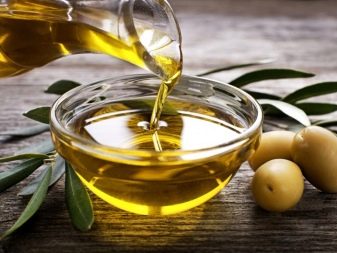
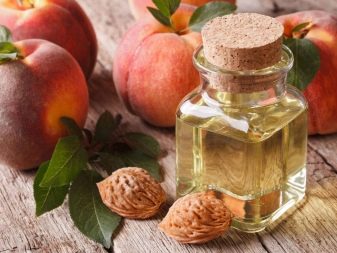
- Castor. A universal regenerating and moisturizing agent. Helps to deal with the problem of lifeless and shedding hair. It is used as part of masks and wraps for diffuse hair loss and as a prophylactic agent.
- Arganovoye. Argan oil occupies a leading position in the cosmetology of Eastern countries. Helps restore natural beauty to hair after perm, coloring and blow-drying. Suitable for all hair types as a stand-alone product or in combination with other oils.
- Jojoba. It is appreciated for its unique composition and ability to protect hair from ultraviolet radiation. When applied, it creates the thinnest film that prevents the effects of environmental factors, heat treatment and aggressive agents applied when styling hair.
- Coconut. A hypoallergenic cosmetic product suitable for normal to oily hair. Quickly penetrates the cell membranes, helps to restore the natural balance, moisturizes, relieves the feeling of itching and tight skin.
- Sea buckthorn. Restores damaged cells, increases metabolic processes and nourishes hair follicles.
- Linseed. Prevents split ends, literally glues damaged scales after dyeing and moisturizes hair along its entire length. Helps with the care of curly and colored hair.
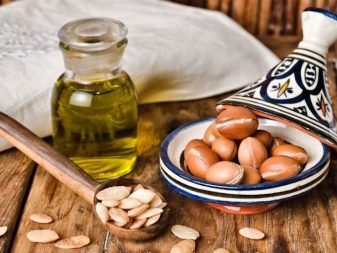
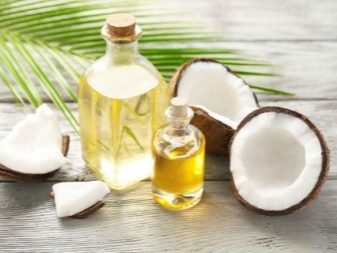
- Almond. It has a therapeutic effect. It has antifungal, wound healing and regenerating effects. Relieves itching, flaking and discomfort after staining. Reduces the symptoms of seborrhea and psoriasis.
- Apricot kernels. It is called beach season oil. Perfect for dry, prone to brittle hair. Increases elasticity, prevents the evaporation of natural moisture, nourishes skin cells, restores the natural balance of cells.
- Shi. Prevents split ends and reduces hair breakage. Helps maintain elasticity, softness and natural shine after blow-drying.
- Hemp. Helps to cope with unruly hair, gives natural shine and elasticity.
- Pumpkin. It will help to cope with the most naughty hard strands. Relieve dryness, prevent dandruff, seborrhea and psoriasis.
- Mustard. Fights hair loss, prevents the formation of bald spots in men. Strengthens the nutrition of the bulbs and scalp in adulthood.
- Broccoli. This tool has been compared to natural silicone. When applied, it creates a dense film that retains moisture and prevents the influence of environmental factors.
Each of the above oils works as an independent means as masks and wraps, and when you add ethers or extracts of plant extracts, its properties increase significantly.
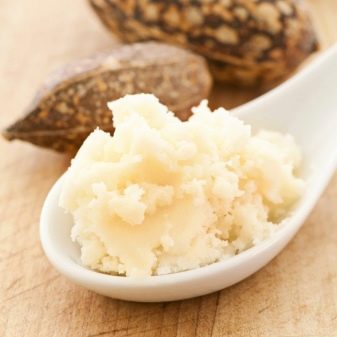
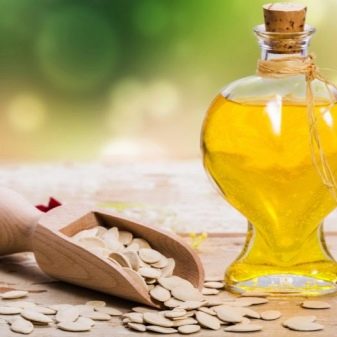
Essential
Essential oils, unlike vegetable oils, are more concentrated and have a therapeutic effect. They have anti-inflammatory, antifungal effects, prevent the spread of microbes and viruses. The oils improve the blood supply to the hair follicles, moisturize and nourish brittle hair along its entire length. For a more lasting cosmetic and therapeutic effect, experts recommend combining vegetable oils with essential oils.
- Sandalwood - improves blood circulation, enhances hair growth, strengthens the roots, prevents the effects of harmful factors.
- Ylang Ylang - nourishes hair along its entire length, has a pronounced therapeutic effect.
- Jasmine - strengthens hair follicles, normalizes metabolic processes, promotes healthy hair. Eliminates lifelessness and dullness of colored strands.
- Lavender - is a prophylactic agent against seborrhea and dandruff, relieves itching, gives hair a healthy, well-groomed look. Prevents flaking of hair scales when drying with a hairdryer or styling with hairdressing tools.
Among the variety of essential oils, you can easily choose a product that will make hair care not only useful, but also a pleasant experience.
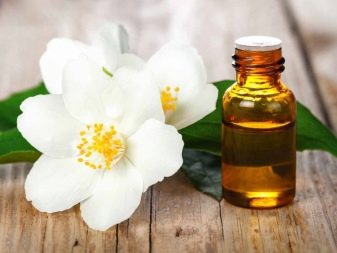
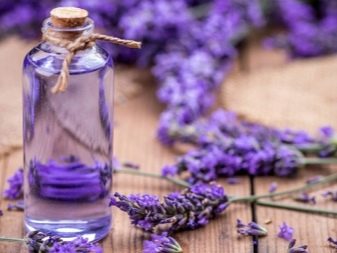
Which one is better to choose?
Due to their unique composition, the oils have an irreplaceable cosmetic effect. When choosing a remedy, it is necessary to take into account individual preferences and the therapeutic effect that the remedy has:
- sandalwood, neroni, jasmine, chamomile and morula oils are suitable for moisturizing;
- geranium, cedar and tea tree oil will help get rid of the cutting ends;
- for damaged hair, coconut, patchouli, burdock, argon, cocoa and grape seed butter are used;
- against dryness, use almond oil, myrrh, frankincense, cinnamon;
- for bleached hair, use lavender and citrus oils;
- hair growth is promoted by oils of cassia, chamomile, neroli, myrrh.
In case of allergic diseases, it is recommended to give preference to neutral oils, and in case of dandruff and seborrhea - to products with a pronounced therapeutic effect.
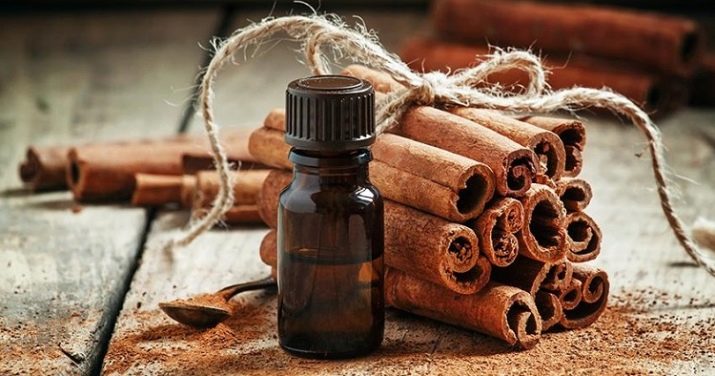
Application methods
Depending on the desired effect, suitable oils can be used.
- After washing your hair with a regular shampoo, spreading a small amount of the product on your palms and running along the strands from roots to ends.
- Applying a small amount of oil to hair before blow-drying helps to form a protective film and helps to give unruly curls the desired shape.
- Before visiting the pool or beach, apply a small amount of oil along the entire length, pre-warming it in the palms of your hands. It will protect against solar radiation and exposure to chlorine and other aggressive disinfectants.
- Vegetable and essential oils are suitable for cosmetic wraps. After applying the product, you need to wrap your head with cling film or put on a plastic cap, wrap it with a towel and leave it overnight. In the morning, wash off with shampoo. Sometimes washing alone is not enough, so it is recommended to repeat the procedure again.
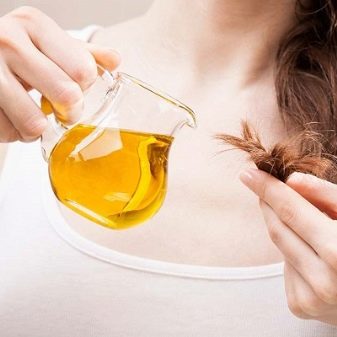
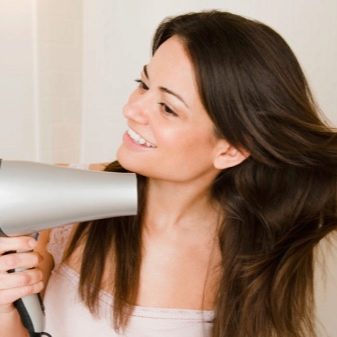
Terms of use
Vegetable oils can be used alone or as a base for more concentrated products. The optimal ratio of ingredients is 1-2 drops of ether per 10 ml of vegetable oil. Vegetable oils for hair are used daily, applying with light movements along the entire length, carefully processing the ends.
Concentrated products should be used once a week, and in case of severe dry hair, they should be used no more than 3 times a week for a month.
A few drops of essential oil, dissolved in a liter of water, are suitable for rinsing hair after washing.
Before using oils, you must carefully study the instructions. Some species have a viscous or hard structure, so they need to be heated in a water bath.
It is important to follow the recommendations and rules for applying funds so as not to provoke the active activity of the sebaceous glands.
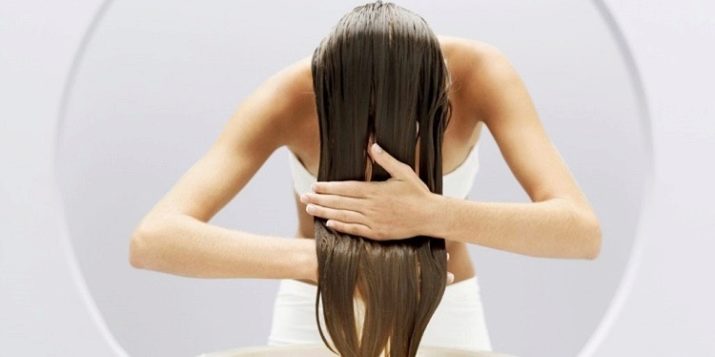
Reviews
The use of natural oils in home cosmetics has a lasting therapeutic and cosmetological effect. Reviews after regular use of these funds are very positive. Rapid restoration of hair after a perm or dyeing is noted, elasticity and natural shine increase. These products are versatile: they can be used as masks for any type of hair. The main thing is to observe measure and caution, and the hair will be filled with health and shine.
In the next video, the trichologist will tell you how to properly use vegetable oils for hair loss, what to look for when using, reveals an important question about the pH of oils and shares the secrets of applying and washing oils from the scalp and hair.








